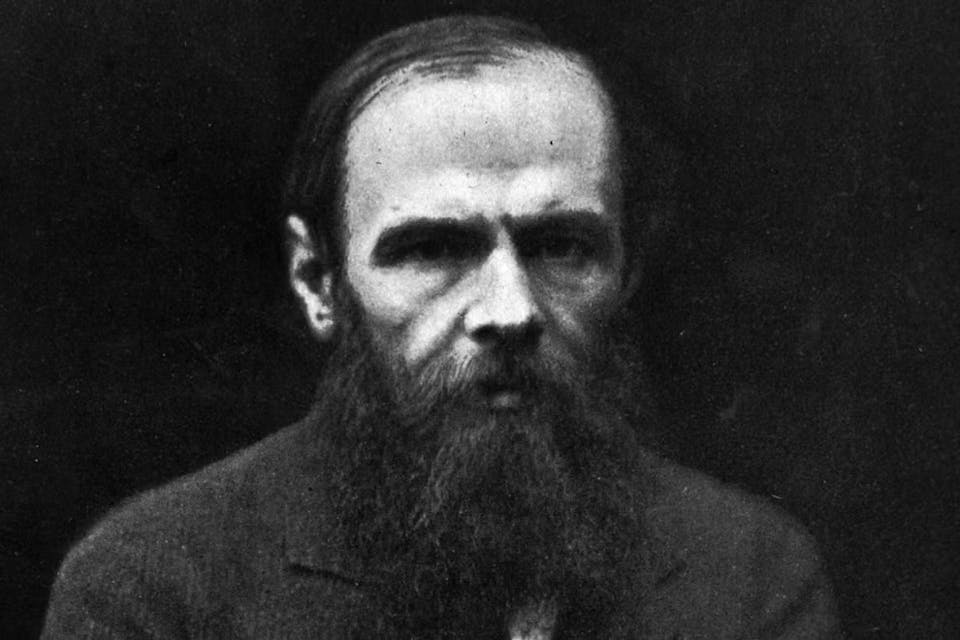
December 26, 2023
The Jews Who Guard Dostoevsky
Many Dostoevsky scholars have been Jews, perhaps because the anti-Semitic writer needed to be seen as theirs—as almost Jewish in his concerns.
One reason I love writing for Mosaic is the quality of responses, and both Adam Kirsch’s and Marat Grinberg’s are especially interesting. They invite real dialogue.
Kirsch, in fact, mentions the Russian philosopher Mikhail Bakhtin, whose key idea was “dialogue.” As Bakhtin used the term, it meant not just one person speaking after another, but an open-ended process in which each participant winds up with ideas neither had at the beginning. Dialogue in this sense is the opposite of ideological (or what Bakhtin called “monologic”) thinking, Soviet or any other, which aims at unwavering adherence to an already known truth. Ideology claims certainty; dialogue fosters wonder. Kirsch closes his response by mentioning how Dostoevsky’s dialogic novels exceed and overcome the much less profound statements in his journalism. I wholeheartedly agree.
Alas, intellectuals too often prefer ideological certainty. Encountering great realist novels that show readers the world’s complexity, they apply a simplistic interpretive system, which for the past four decades they have learned in graduate literature programs. These systems are typically intricate and hard to learn, and so applying them is mistakenly called “rigor.” Students learn “critical thinking,” which never seems to include skeptical examination of one’s own ideas. In “critical thinking,” it is only others who are criticized.
Responses to December ’s Essay
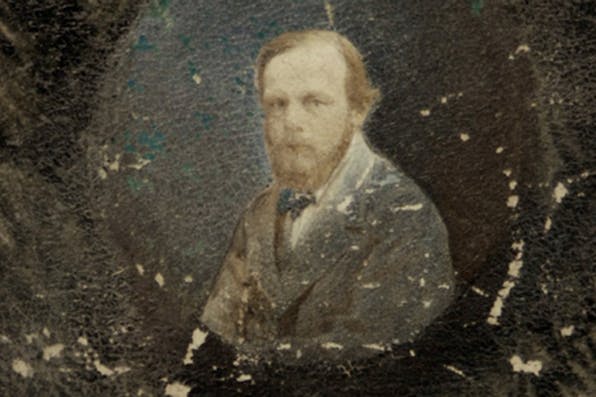
December 2023
Anti-Semitism Appeals to Intellectuals Because It Feels Like an Idea
By Adam Kirsch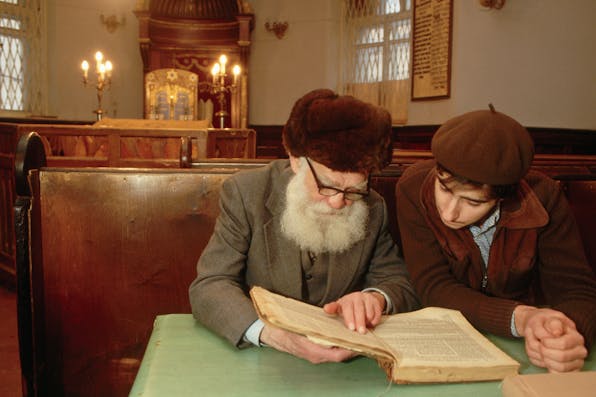
December 2023
The Special Sway Dostoevsky Held over Soviet Jewish Minds
By Marat Grinberg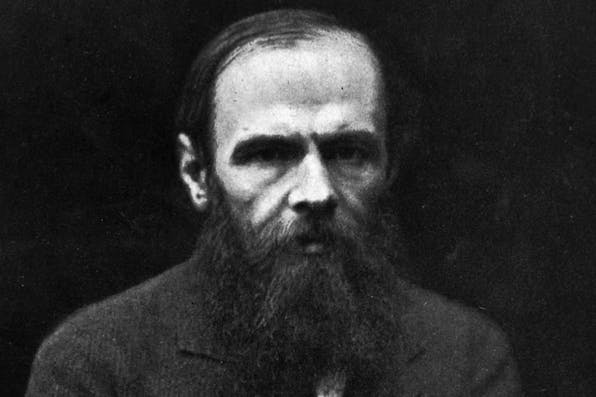
December 2023
The Jews Who Guard Dostoevsky
By Gary Saul Morson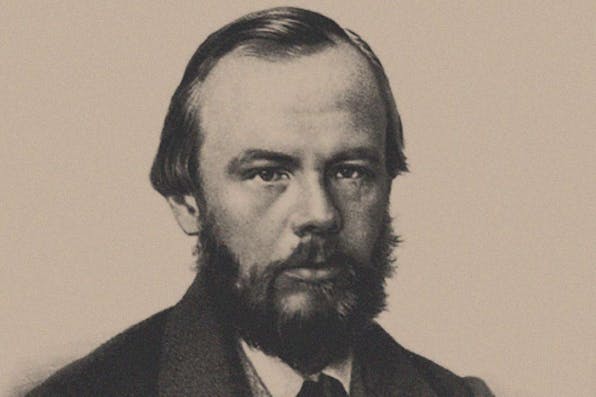
December 2023
Watch Gary Saul Morson and Jacob Howland Discuss the Dostoevsky Problem
By Gary Saul Morson, Jacob Howland, Jonathan Silver